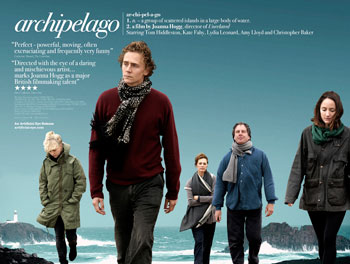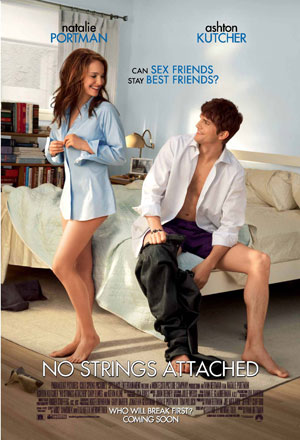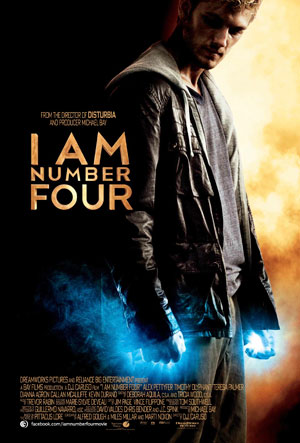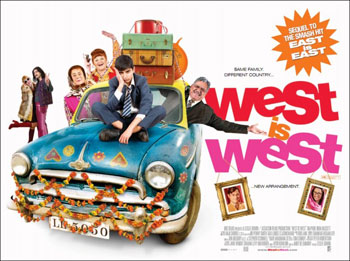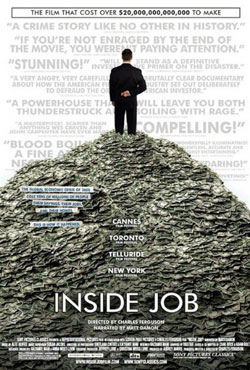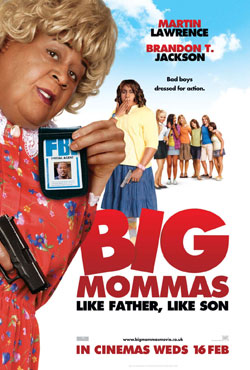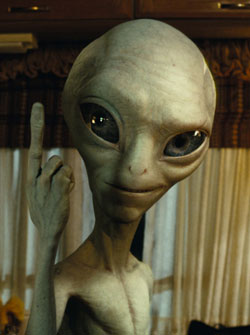Carmen in 3D – 4*
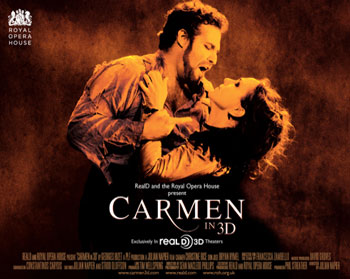 Regardless of how it’s sold, opera is an acquired taste, and to see any such production suggests an initial glimmer of interest from the start. This is both the fascinating experiment of Julian Napier’s ‘RealD’ (3D)-shot film of the Royal Opera House’s production of Carmen and its Achilles’ Heel. It poses a vicious cycle to break, to rouse the interest of the average, non-opera-participant and cinema buff to pay to see it on the big screen.
Regardless of how it’s sold, opera is an acquired taste, and to see any such production suggests an initial glimmer of interest from the start. This is both the fascinating experiment of Julian Napier’s ‘RealD’ (3D)-shot film of the Royal Opera House’s production of Carmen and its Achilles’ Heel. It poses a vicious cycle to break, to rouse the interest of the average, non-opera-participant and cinema buff to pay to see it on the big screen.
But Carmen in 3D should not be dismissed off hand as a ‘lost big screen cause’ as it offers awe-inspiring and striking depth of vision and perspective that really places the viewer in on the action on stage, helped by strikingly colourful and simplistic set designs. It actually brings a new visual life and enhanced sensation to one of the best-loved and most emotive operas by Georges Bizet – like watching a Great Master’s painting come alive. It also goes to connect a wider audience with some of the iconic music, such as Carmen’s Habanera and the Toreador song.
In brief, the story is set in 1820’s Seville, Spain. Carmen is a beautiful and alluring gypsy with a fiery temper. She craves what she initially cannot get, and that’s the affections of inexperienced corporal Don José. She succeeds, and their tempestuous and passionate relationship leads to his rejection of his former love from his hometown, a mutiny against his superiors, and him absconding to join Carmen’s gang of bandits. When she begins to lose interest in him, and falls for the affections of another, bullfighter Escamillo, José’s jealousy is ignited, leading him to murder Carmen, his one true love.
The cast of acclaimed director Francesca Zambello’s interpretation of the classic are superb, and the crème de la crème of operatic talent. Christine Rice is full of engaging menace as the enigmatic Carmen, Bryan Hymel is the spurred Don José and Aris Argiris is the conceited Escamillo. The dynamic camera swoops into the orchestral pit, just before the curtain lifts, in full 3D motion glory, to introduce us to conductor Constantinos Carydis and his company in full flow. It is an energising feeling that firmly sets the scene.
We did watch the 3D film, all 175 minutes of it, without the reported 20-minute interval/intermission. Like any trip to the theatre, this is certainly needed to fully appreciate, and not tire of the power and drama the music provokes. Also, the story involves acts of violence that are not magnified for screen purposes, and remain loyal to the stage production.
Seeing Carmen in 3D is a unique opportunity. Whether it’s successful in drawing the attention of a new audience remains to be seen. You could argue that the cost of a theatre opera seat far outweighs that of a 3D cinema ticket, making this option more affordable to most, whilst having Carmen reach out to and virtually ‘touch you’ in the process. Opera fans need not worry about the experience altering the aesthetics of the real live performance as Napier merely transports you onto the stage and back into your audience seat, at times, giving you the best view in the house.
4/5 stars
By @FilmGazer

